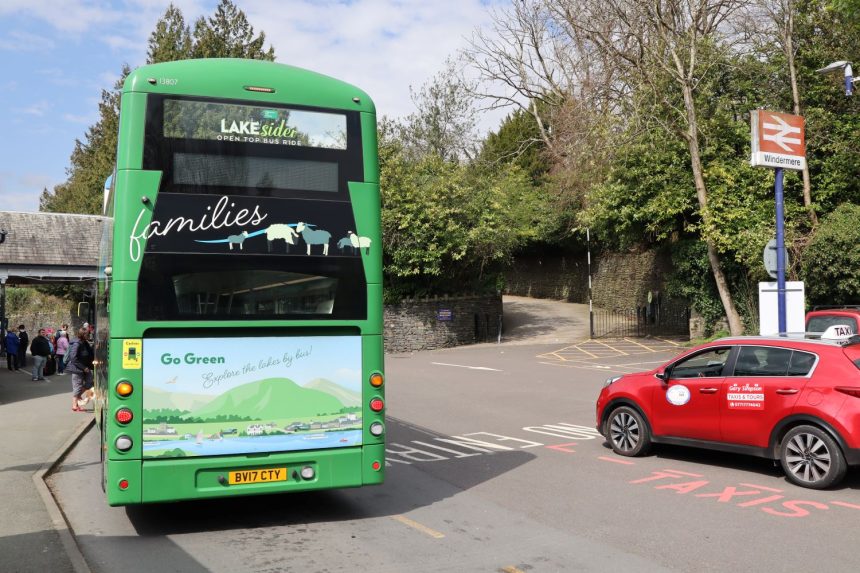Connected mobility strategies should build on existing commercially successful schemes rather than trying to create new ones, believes TravelMaster General Manager John Henshall.
He was responding to the launch this month of Transport for the North’s (TfN) Connected Mobility Strategy, which mentions plans to develop an outline business case for a devolved connected mobility funding pot to promote joint procurement of consultancy commissions and technical solutions.
Mr Henshall, in his role with TravelMaster, manages a business responsible for multimodal ticketing in South Yorkshire but he believes the case for integrated ticketing is not as strong when there is little competition in an area.
He says: “It is welcome that there is more being done to assist non-metropolitan areas with the introduction of multi-operator ticketing but, if they wouldn’t stand up commercially, how much effort is really worth putting into these schemes?
If these smaller schemes are going to stack up commercially then, rather than building new, more could have been done to work with the existing commercially successful schemes to potentially provide services outside of their areas.
“There could have been advocacy for greater savings by building on the existing infrastructure provided by schemes like TravelMaster, MCard and so on for those areas that don’t have that.”
The Strategy also promotes development of a fares modelling tool and rollout of passenger behaviour research. TfN says its most immediate priority is supporting the delivery of multimodal ticketing. It also wants to create a ticketing schemes advisory group to share best practice.
It also promotes the capped-fares approach to ticketing, tourist-industry friendly offers and timetables. The document also argues for more regional funding to deliver innovation which improves the passenger experience.
However, Mr Henshall says the Bus Fare Cap Grant may work against the Strategy. “It appears that the document was clearly written in mind of the £2 scheme either increasing or potentially disappearing,” he says.
“But, if this is a world that continues, there are a lot of ideas in the document that are not complementary to the scheme and will not bring benefits compared to delivery in the commercial environment.”



























